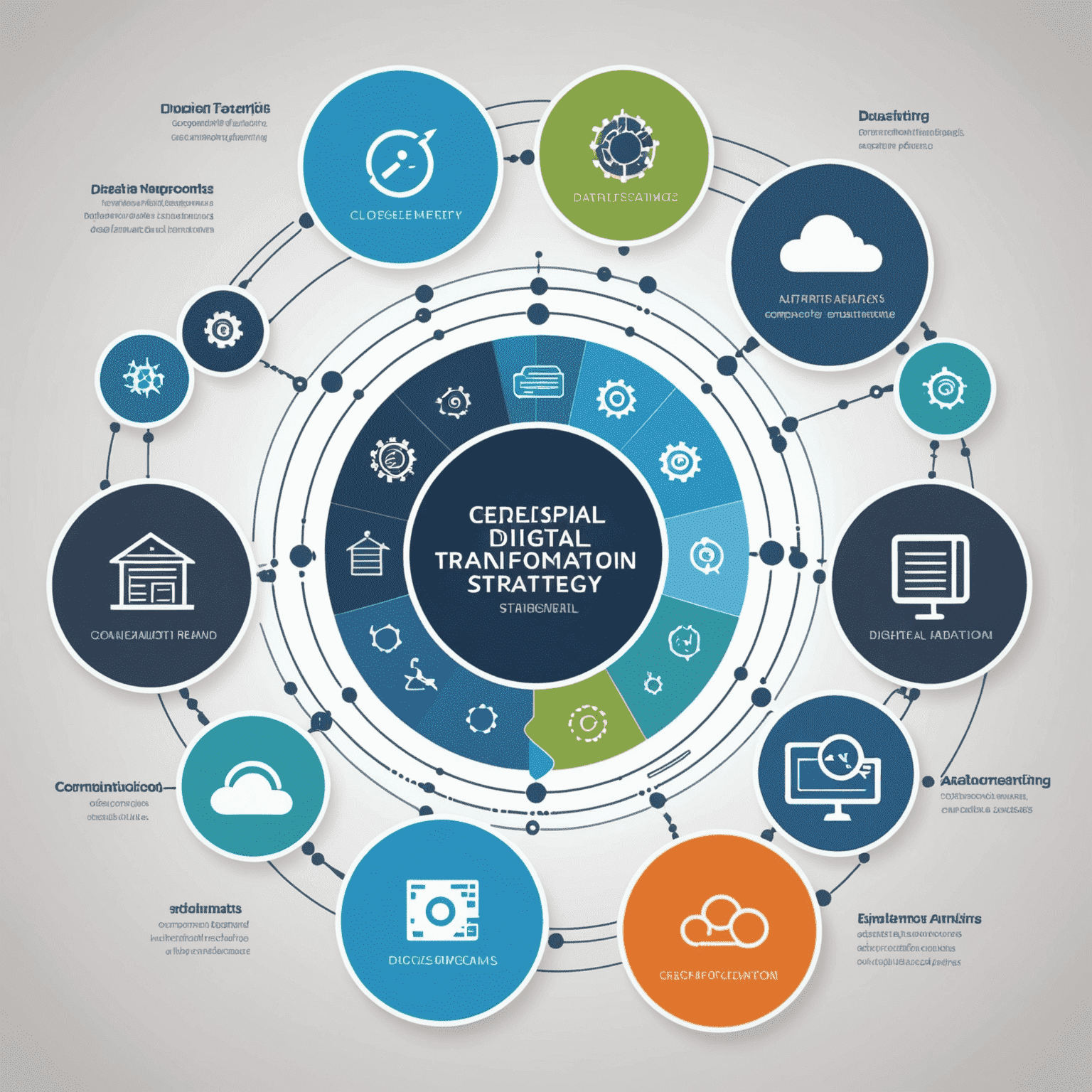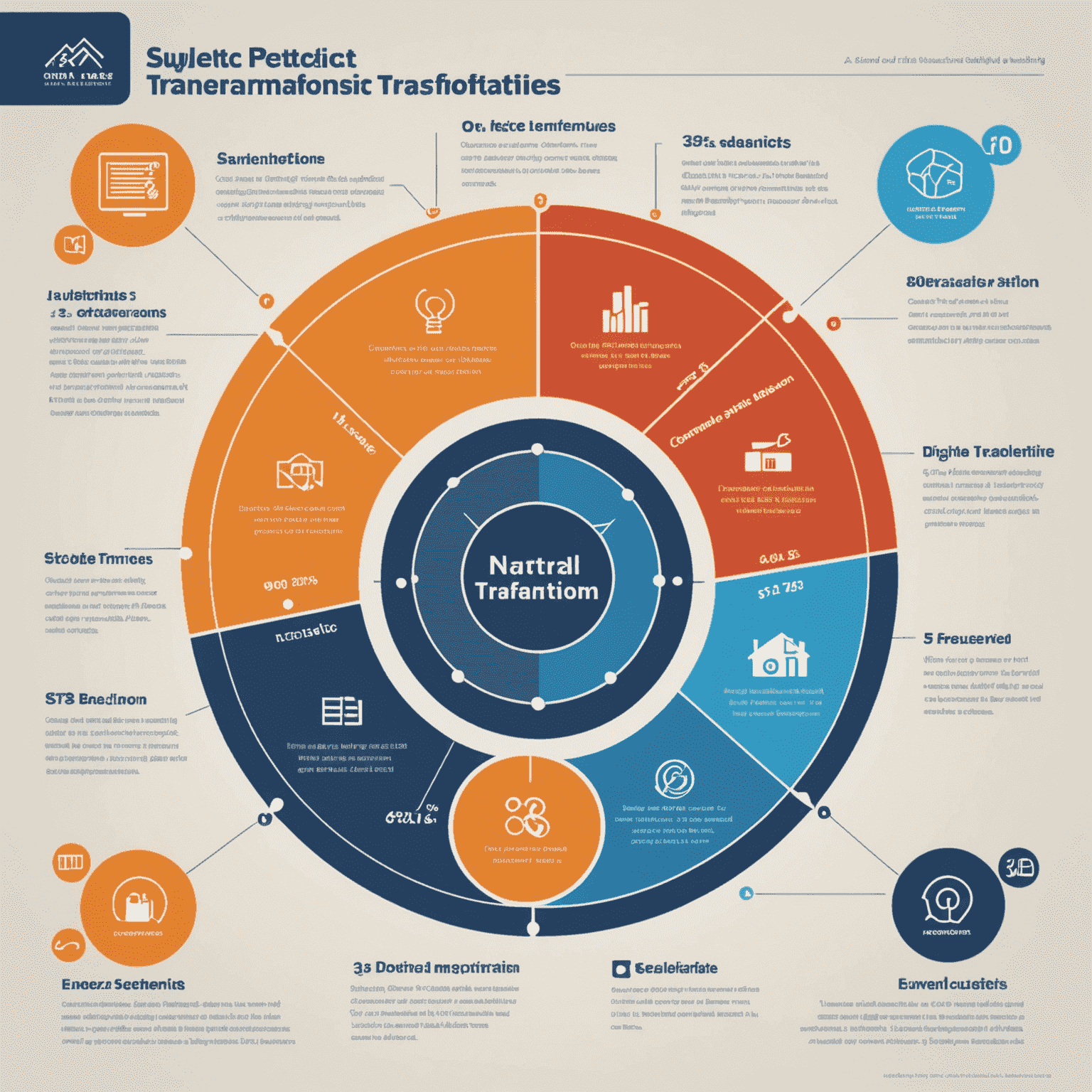Embracing Digital Transformation: Best Practices and Success Stories
Digital transformation is no longer an option but a necessity for businesses to stay relevant in today's fast-paced digital landscape. We share best practices and success stories of companies that have successfully embraced digital transformation, highlighting the key strategies and technologies that have driven their success.

One of the key best practices for successful digital transformation is to develop a clear and comprehensive strategy that aligns with business goals. This involves assessing current capabilities, identifying areas for improvement, and prioritizing initiatives that will deliver the most value. It's also critical to secure executive buy-in and foster a culture of innovation and continuous improvement across the organization.
Another important factor is leveraging the right technologies to enable digital transformation. Cloud computing provides the scalability and flexibility needed to quickly adapt to changing business needs. Data analytics and artificial intelligence can deliver valuable insights to drive better decision making. And process automation streamlines operations for greater efficiency.

One notable success story is that of a global manufacturing company that embarked on a digital transformation journey to optimize its supply chain and production processes. By implementing IoT sensors, advanced analytics, and robotic process automation, they were able to significantly reduce downtime, improve quality control, and increase overall equipment effectiveness. As a result, they achieved a 20% boost in productivity and 15% reduction in costs.
Another example is a retail chain that transformed its customer experience by developing a mobile app and leveraging AI-powered personalization. This allowed them to offer tailored product recommendations, streamline the purchasing process, and enhance post-purchase support. The initiative led to a 30% increase in online sales and 25% improvement in customer satisfaction scores.
In conclusion, embracing digital transformation is essential for businesses to remain competitive in the digital age. By developing a robust strategy, leveraging key technologies, and fostering a culture of innovation, companies can unlock new opportunities for growth and deliver compelling value to customers. The success stories highlighted here provide valuable lessons and inspiration for others navigating their own digital transformation journeys.